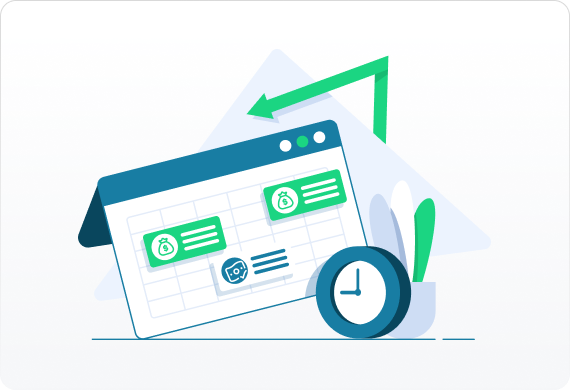The reason you need the money often dictates the type of loan for which you’ll apply. Pledging past due receivables allows you to take out an accounts receivable financing loan until customers get current. If you only want to finance seasonal inventory it would make no sense to take out a ten-year loan.
The reasons you need a loan often dictate the type of business loan and its term. Types of business loans are as follows;
- Small Business Loans, or SBA Loans
- Small Business Term Loans
- Working Capital Loans
- Equipment Loans
- Small Business Lines of Credit
- Small Business Credit Cards
- Accounts Receivable Financing
Small business loans come with lower interest rates and more favorable terms when they are issued from a bank because limits are set on what can be charged, or because they may be guaranteed by the Small Business Administration of the Federal government. Although these loans have favorable terms, the process is long, requires a lot of paperwork, and approvals are rare.
There are also small business loans offered by alternative lenders. These business funding options come with a wide variety of terms depending on the lender, but rates are generally higher than traditional sources. Although these loans come at a higher cost, the funding process is extremely fast and there is very little paperwork required.
A term loan, extended for a set period of time, pays out in a lump sum and is an option usually offered by traditional financing sources. Unlike an SBA loan, it has no government guarantee, so you’ll pay a higher interest rate. Interest can vary, usually based off LIBOR, or be fixed. A fixed interest rate is advantageous for a longer term loan where interest rate fluctuations over time could lead to unpredictability in your loan payments. That, in turn, could impair your ability to make your payments.
Working Capital Loans are a type of short-term loan meant to help businesses smooth over fluctuations in cash flow. Typically taken out in terms of a month to a year, they can be secured by collateral or personally guaranteed if you haven’t been in business long. Businesses with a strong credit history and relationship with the lender might be given unsecured working capital loans.
Whether it’s a backhoe for a construction company or a commercial mixer for a bakery, many businesses rely on expensive equipment to operate. If that’s your business, you might want to look at an equipment loan. Equipment Loans require a down-payment, similar to a mortgage, often of 20%, with the equipment serving as collateral for the remainder of the loan.
Many banks and even a lot of private business loan companies provide small business lines of credit available to smaller businesses. A line of credit sits open for you to draw upon whenever needed, but you don’t pay anything until you take out funds. You can even repay draws on the line and then borrow again a month later, if needed. This flexibility makes it possible to avoid constantly applying for, paying off, and then re-applying for smaller, short-term loans.
Small Business Credit Cards don’t have as lengthy an application process as a small business line of credit, and thus may appeal if you need capital in a hurry. Like a line of credit, the borrowing capacity stands ready when needed.
But unlike a business line of credit, most credit cards don’t come with checks that you can use to cover business expenses if a vendor doesn’t accept credit cards. Any cash draws on a credit card will be charged a significantly higher interest rate, above an interest rate which will already be higher than a line of credit. While many business owners use them to maximize cashback and rewards, they must be managed carefully or fees and interest payments will hurt your business.
As noted above, accounts receivable loans can be obtained by pledging your outstanding accounts receivable as collateral. As customers pay their bills, the loan is repaid, though the lender takes a percentage of the invoices.
We recommend determining the type of loan that best suits your business before you apply for a business loan. This determination points you to the appropriate lenders and ensures that you don’t waste time. Applying for the wrong type of loan almost always guarantees that you’ll be denied.






